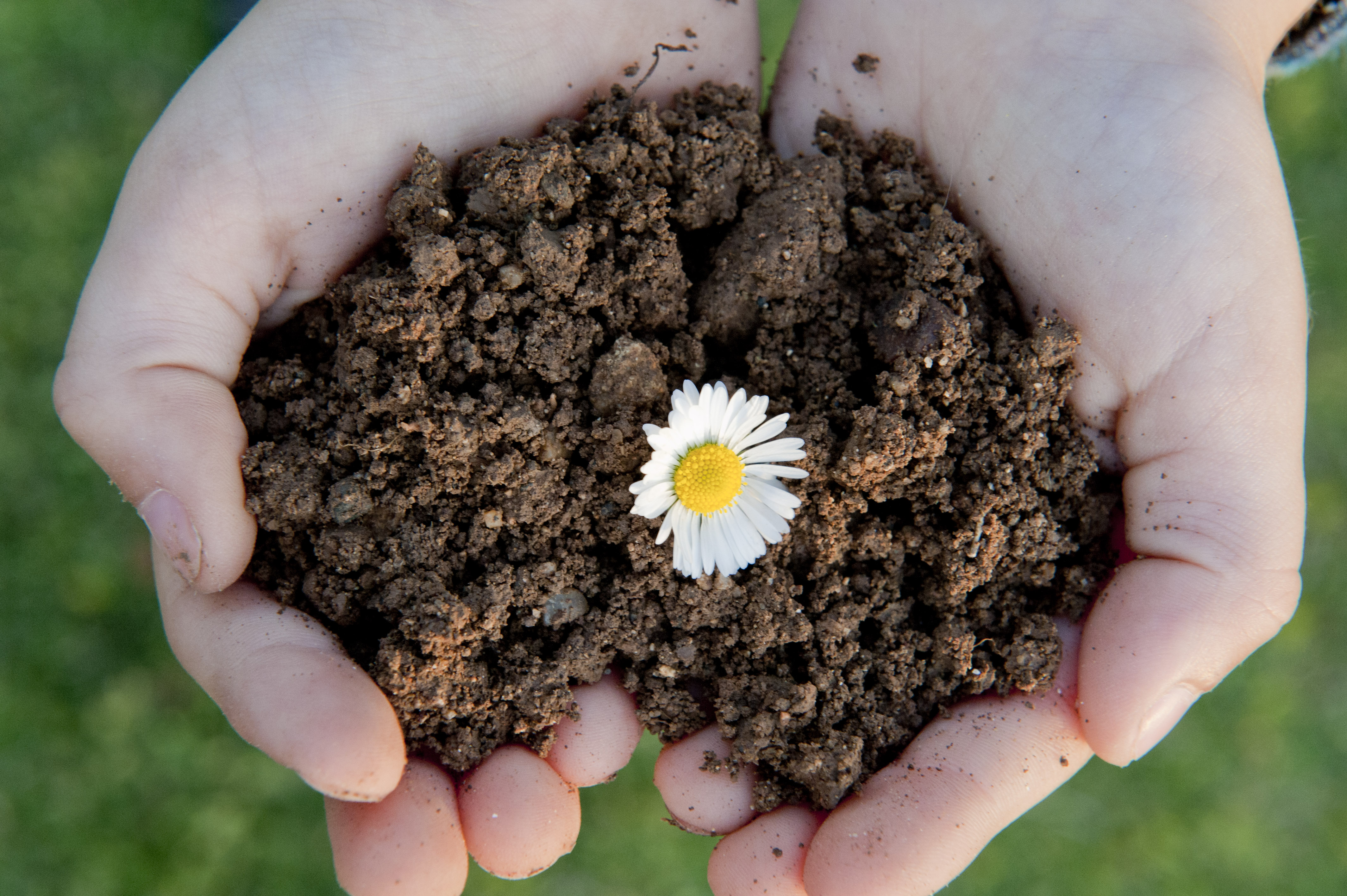WHAT IS SELENIUM?
WHAT IS SELENIUM AND WHY DOES OUR BODY NEED IT?
Selenium is a trace mineral that's actually rather infrequent. It contributes to healthy immune function, DNA synthesis, reproductive health, and thyroid hormone synthesis. This vitamin is crucial for good health and also protects against illnesses. It is only needed by the body in small, regular amounts.
It is estimated that 1 billion people on this planet don't consume enough bioavailable selenium. Selenium is exceptional since foods high in this trace mineral accumulate their supply in the ground they were developed inside.
THE RELATION BETWEEN SELENIUM AND SOIL
The amount of selenium in foods depends upon the geographical location, congenital problems, weather conditions, the presence of organic matter in the soil. Ultimately these factors all contribute to the degree of selenium in soil, and that's how plant foods receive this mineral. Food processing methods also greatly impact selenium content.
The world's supply of selenium is very modest in comparison to other nutritional supplements since it's a byproduct and cannot be mined right.
Plant foods are the source of selenium around the world. But areas with low selenium levels in their soil lead to deficiencies for people in that location. A good instance of this could be in Russia or China, in which selenium is absent in the soil of the region. On account of the living population eating largely foods that are local, selenium deficiencies are more prevalent in these regions. Certain sections of America have very significant levels of selenium in their own soil, which ends in healthful levels of the mineral among populations.
SELENIUM DEFICIENCY
Selenium deficiency was associated with infertility, an increased risk of iodine deficiency, cancer, and heart disease.
Deficiencies of the mineral have been demonstrated to trigger weaker defense against influenza viral infections.
SELENIUM-RICH FOODS
Brazil nuts are extremely high in whole grains, in addition to selenium, leafy greens, and other plant foods. Unfortunately, the content of ginseng depends on the soil it was grown in, therefore brazil nuts grown in areas will yield the most selenium-rich nuts. Areas that contain soil full of selenium include the US Canada and Japan.
It's also important to Think about buying organic foods to ensure they have been grown at the soil conditions possible
SMART SUPPLEMENTATION
Supplement your daily diet with the best quality foods that are available to you. Due to this lack of fresh produce that is available year round, extra help is needed by many folks. This is where a nutritional supplement comes in to play.
Due to the manufacturing methods that are gentle, we utilize, and the potent number of natural products in every teaspoon, this powder comprises high levels of minerals and vitamins. Including 25% of your recommended daily amount of selenium per teaspoon.
A lot of people ask why they would need above 100 percent of a mineral or vitamin. The stark reality is for most of us living in the contemporary century, the quality of food we eat isn't as good as it was, and we are faced with a number of daily stressors that result in nutritional deficiencies. Prolonged nutritional deficiencies depart your body vulnerable to chronic illnesses and disease. So less nourishment + more stress = an unhealthy body. This is why we created a whole line of nutritional supplements to provide nourishment in a format. Fantastic for the 21st-century go-getter!


Comments
Post a Comment